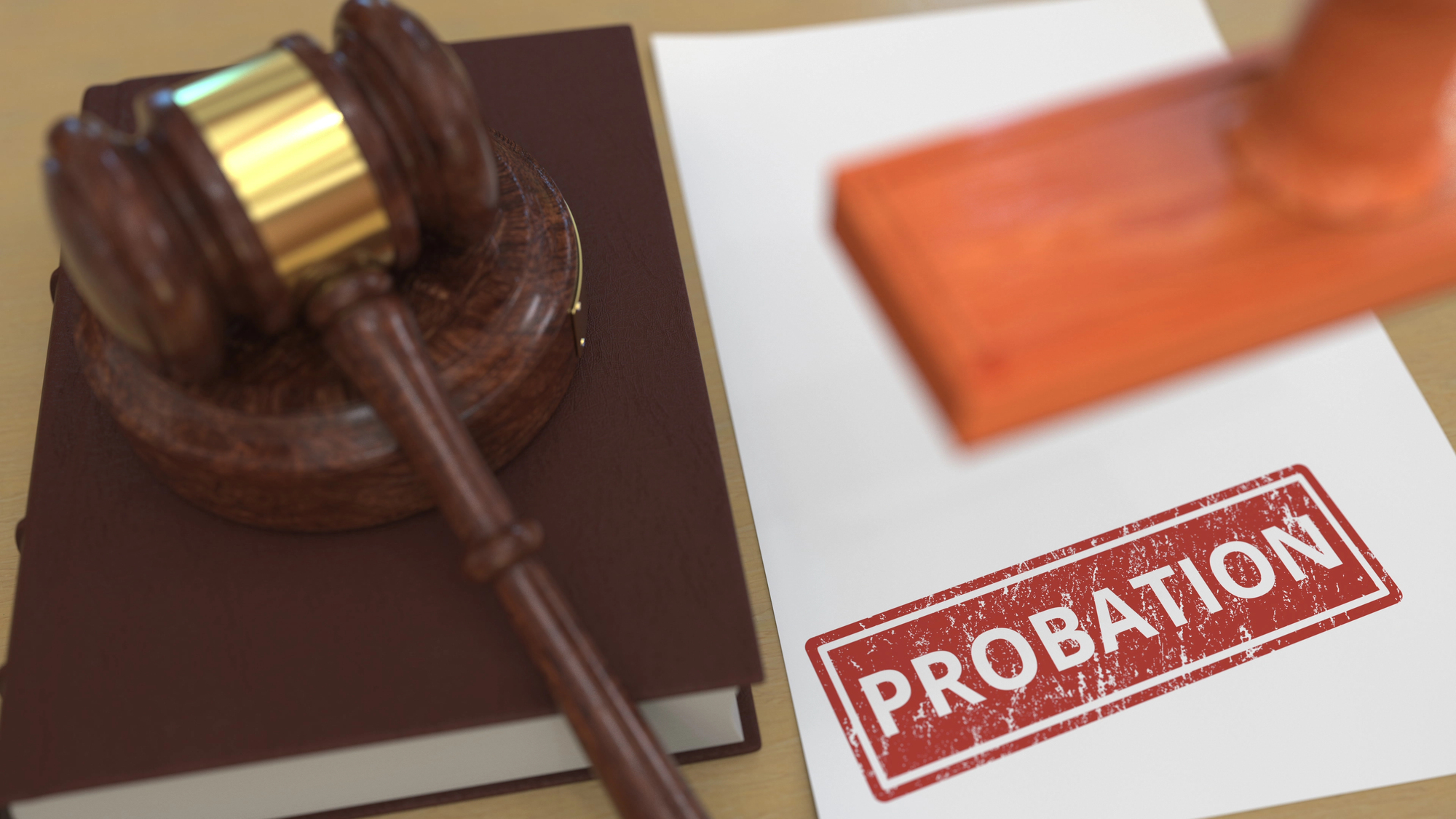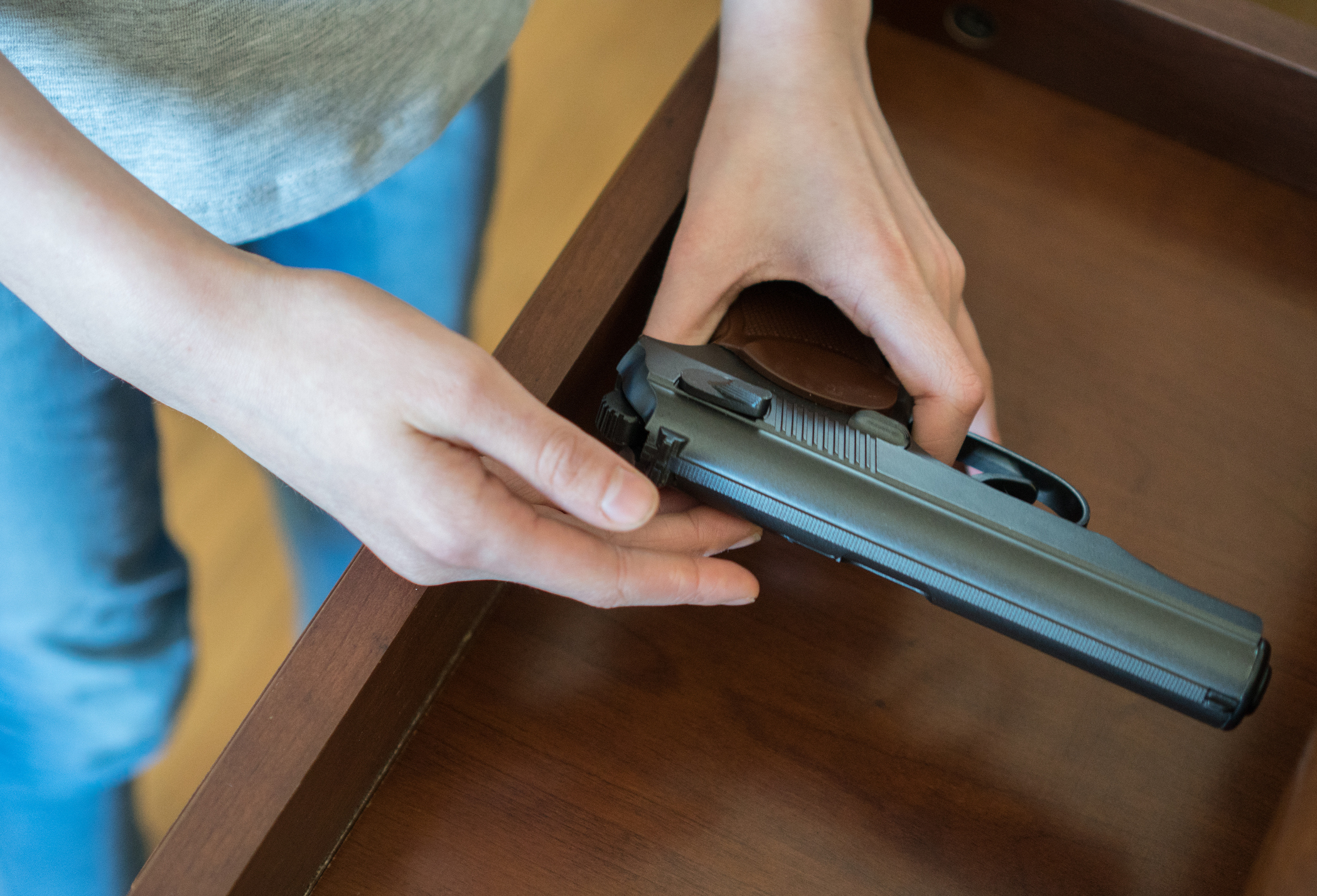What is a Bond Reduction and Why Might I Need One?
A bond reduction is a legal request to lower the amount of bail set by a court. In Texas, as in other states, when you’re arrested and charged with a crime, you may be held in jail until your trial. However, the court often sets a bail amount that, if paid, allows you to be released from jail while awaiting trial. The purpose of bail is not to punish you, but to ensure that you will appear in court for your trial.
However, sometimes the bail amount set by the court can be excessively high, making it impossible for you or your family to afford. This is where a bond reduction comes in. If you can demonstrate to the court that the bail amount is excessively high and that you are not a danger to the community or a flight risk, the court may agree to reduce your bail amount.
What Factors Do Texas Courts Consider for a Bond Reduction?
A Texas court will consider several factors when deciding whether to grant a bond reduction. These include the nature and circumstances of the offense you’re charged with, your ability to pay the bail amount, your ties to the community, your criminal history, and whether you pose a risk to the community or are likely to flee.
For example, if you’re charged with a non-violent crime, have a steady job, strong ties to your local community, and no previous criminal record, the court may be more likely to grant a bond reduction. Conversely, if you’re charged with a serious violent crime, have a history of failing to appear in court, or have few ties to the community, the court may be less likely to reduce your bail.
How Can I Request a Bond Reduction in Texas?
To request a bond reduction in Texas, you or your attorney will need to file a motion for bond reduction with the court. This motion should detail the reasons why you believe the bail amount should be reduced, including any relevant factors such as those mentioned above.
Once the motion is filed, a hearing will be scheduled so that you or your attorney can have the opportunity to present your case for a bond reduction. The prosecution will also have the opportunity to argue against the reduction. The judge will then decide the outcome based on the evidence and arguments presented.
How Can an Experienced Lawyer Help with My Bond Reduction?
An experienced lawyer can help you request a bond reduction. They can help you understand the complex legal process, gather and present evidence to support your case, and represent you at the bond reduction hearing.
For example, let’s say you’re a single parent with a steady job, charged with a minor offense. You’ve never been in trouble with the law before, but the bail set is beyond your means. An experienced lawyer can help you gather evidence of your employment, your ties to the community through your child’s school or local organizations, and your clean criminal record. They can then present this evidence in a compelling way at the bond reduction hearing, arguing that you are not a flight risk or a danger to the community and that the bail amount should be reduced.
What Happens If My Bond Reduction Request is Denied?
If your bond reduction request is denied, it can feel like a significant setback. However, it’s important to remember that this is not the end of the road. You still have options. An experienced attorney can help you explore these options, which may include filing an appeal or presenting new evidence that could potentially sway the court’s decision.
For instance, if your bond reduction request was denied due to concerns about you being a flight risk, your attorney might be able to present new evidence of your strong ties to the community or your consistent history of appearing in court when required. This could potentially lead to a reconsideration of your bond amount.
Can I Request a Bond Reduction More Than Once?
Yes, you can request a bond reduction more than once in Texas. However, you’ll need to demonstrate a change in circumstances since your last request. This could include new evidence, a change in your financial situation, or a change in the nature of the charges against you.
For example, if you initially requested a bond reduction but were denied, and since then you’ve lost your job and can no longer afford the original bail amount, this could be grounds for a new bond reduction request. An experienced attorney can help you through this process and help you present the strongest possible case for a bond reduction.
What is the Role of a Bail Bondsman in a Bond Reduction?
A bail bondsman, also known as a bail bond agent, provides a service to individuals who cannot afford to pay their full bail amount. They pay the court a portion of the bail amount, typically 10-15%, and guarantee that you will appear in court for your trial. If you fail to appear, the bail bondsman is responsible for paying the full bail amount to the court.
In the context of a bond reduction, a bail bondsman can be a double-edged sword. On one hand, they can help you get out of jail if you can’t afford your bail. On the other hand, if you’re seeking a bond reduction, the court may consider the fact that you’ve hired a bail bondsman as evidence that you can afford the original bail amount.
If you’re facing a high bail amount in Texas, call Seymour & Vaughn today at 830-282-8751 for a free case evaluation!








